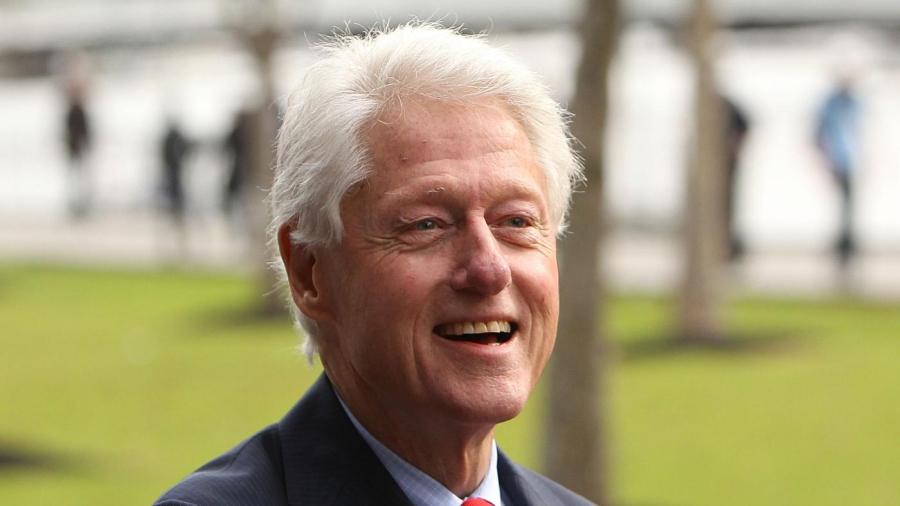What Were Bill Clinton’s Domestic Policies?

Bill Clinton’s domestic policies included reducing the debt, welfare reform and investing in education. During his presidency, he passed budgets that reduced spending and increased taxes on the wealthy. During his first term, he passed the North American Free Trade Agreement Bill, which removed trade barriers between the North American countries. The Family Medical and Medical Leave Act was also passed during Bill Clinton’s first term as president.
Bill Clinton also enacted welfare reform. In 1996, he passed the Personal Responsibility and Work Opportunity Reconciliation Act, which made work search a requirement for welfare recipients and placed lifetime limits on how long a person could receive welfare. Reducing crime was another domestic policy of Bill Clinton’s administration. He passed the Brady Law in 1993, which banned assault weapons and made background checks on handgun buyers a requirement. He also increased funding to programs to help decrease drug abuse and youth crime. In 1994, Bill Clinton signed the Violence Against Women Act. Due to these policies, the crime rate fell during the Clinton administration. Bill Clinton tried to enact universal health care for Americans during his administration, but there was too much opposition from Republicans for it to pass. However, in 1997, he signed the State Children’s Health Insurance Plan, which provided funding to cover children in families with low income.





